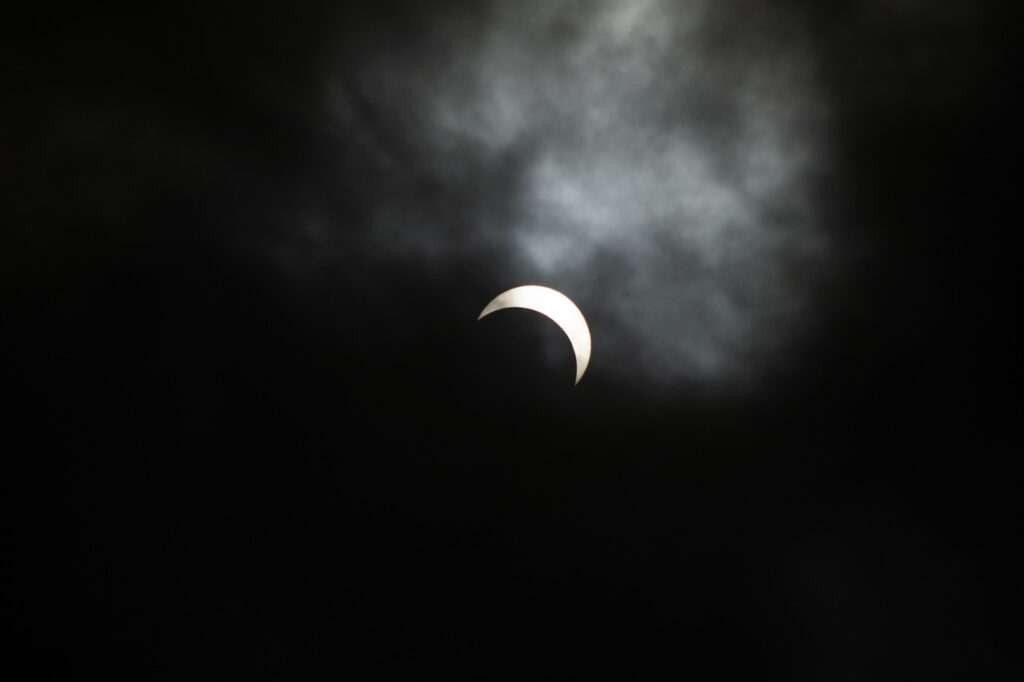
I’ve written here before about being a turtle instead of a hare when it comes to producing art. Go here if you missed that blog post. https://lauralangston.com/get-your-turtle-on/
The idea that we don’t always get instant results came to mind again recently. On this date in 1501, Michelangelo started carving the statue David . . . and he finished it three years later. The ceiling of the Sistine Chapel, considered one of the greatest masterpieces of all time, took Michelangelo four years to paint (and speaking of churches, La Sagrada Familia Basilica in Barcelona – one of Gaudi’s most famous works – has been under construction since 1882 and it’s still not finished).
In my small corner of the world, I’m revising a novel I’ve been fiddling with for probably three years now. Some books come together quickly, but others don’t. I’m more accepting of that than I used to be. Maybe because I’ve been at this writing gig for decades. Maybe it’s life experience. More likely it’s a combination of both.
And as always, the garden (and nature generally) reminds me on a fairly regular basis that some things take time. For instance, I’m harvesting tomatoes right now. We have a glut of them and they’re especially sweet this year, especially fresh off the vine. But they’re also wonderful in other ways too. I turned some into confit last week . . . it took about five hours in a very slow oven. While that was cooking, I filled the dehydrator with tomato slices. The process of getting them to sweet, dried rounds took a couple of days.
All things in good time. Or, maybe that should read: time makes all things good.













Comments